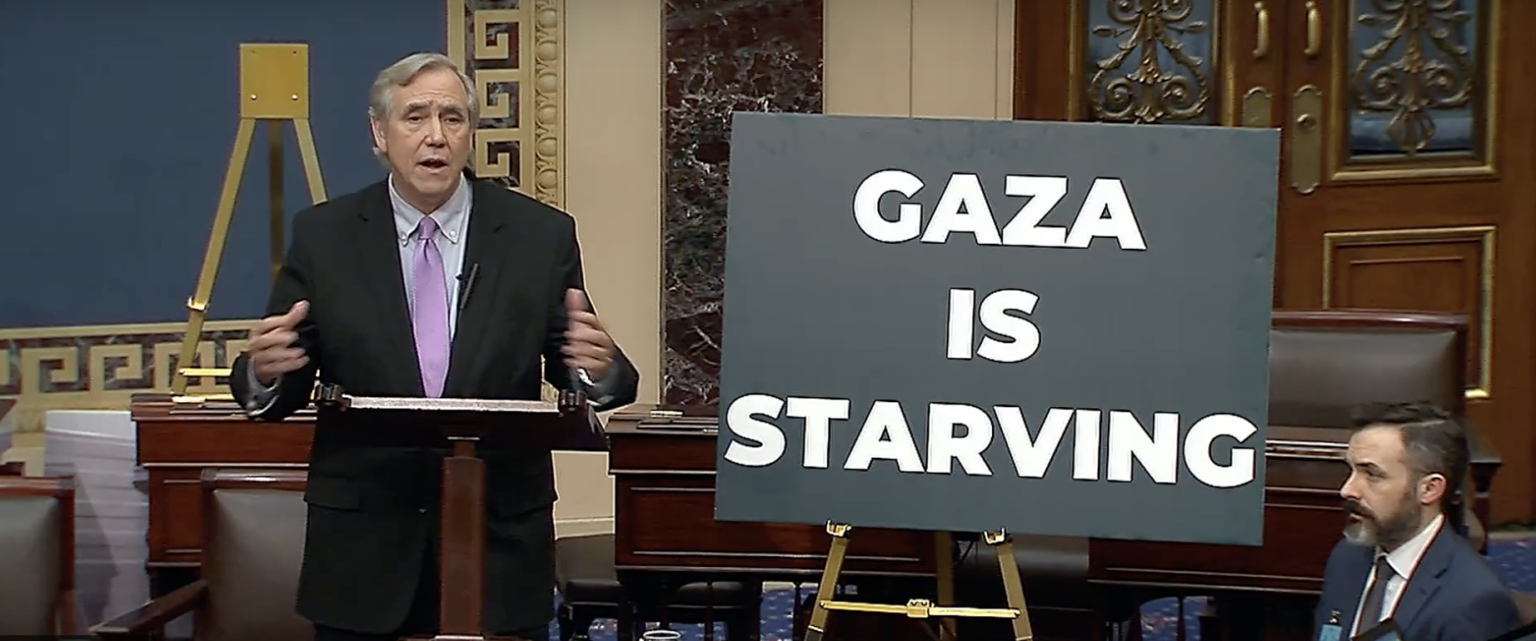Letters to the Editor: Congress should limit pharmaceutical industrial greed
Published 12:29 pm Wednesday, May 24, 2023
Complex insurance complicates health care
Trending
Greg Davis is exactly right in his recent column, “Pharmacy benefit managers put lupus patient health care at risk” (bit.ly/45ew0Gl).
As a fellow patient with a chronic disease, I can tell you from first-hand experience how many problems insurance companies and their pharmacy benefit managers create.
My auto-immune disease requires complex, biologic treatments to keep me healthy that must be taken on a monthly calendar. It is not uncommon for my medication to be delayed, sometimes by a month or more, while insurers determine if I really need the medication even though I have been taking it for years.
Trending
This has been particularly problematic when I change insurers. The delay in treatments has had adverse impacts on my health which is why I am a strong proponent of removing the middlemen who come between patients and their physicians.
Due to their compensation-driven business model, pharmacy benefit managers do not put the medication needs of patients first. They not only withhold rebate savings that could help lower out-of-pocket expenses for prescriptions, but they also can dictate which specific pharmacies patients can pick up their medicines from.
That means they can overrule your local pharmacy and force you to travel farther to one of their affiliated locations to further increase their profit margins.
Congress needs to act and thanks to Senator Wyden for recognizing that PBMs are a serious problem. I hope Congress will pass meaningful reforms so that patients like Greg and I with chronic conditions can get the care we need.
Elizabeth Cochran is a resident of southwest Portland.
Congress should limit pharmaceutical industrial greed
As a person who relies on prescription medications for cholesterol levels, gout and my blood pressure, I was glad to see I’m not the only one stressed about the behind-the-scenes shenanigans in our health care system that contribute to higher out-of-pocket costs for patients like me.
A recent op-ed (bit.ly/424xu3v) by Professor Mike Millard from Pacific University highlighted Pharmacy Benefit Managers (PBMs), the little-known but ridiculously influential groups that control the majority of the prescription drug market. In it, Millard thoroughly explains some of the highly questionable practices PBMs use to boost their own profits at the expense of prescription access and affordability.
One of the biggest ways they do this is by keeping the drug rebates they negotiate with drug manufacturers for themselves rather than passing the savings involved down to consumers to help reduce our out-of-pocket expenses—can you believe it? Incredulous greed.
That threatens access while forcing already financially stretched patients to pay more for the prescriptions they need to maintain healthy lifestyles.
Congress should step in and do something about this. Fortunately, the Senate Finance Committee which Senator Wyden chairs, has outlined a solid framework on how to reform some of these broken policies and help bring relief to patients at the pharmacy counter.
Other members of Oregon’s congressional delegation should support Senator Wyden and help pass much-needed legislation as soon as possible.
Mark Nielsen is a resident of Tigard.
Ranked Choice Voting is better
I’m concerned about the dysfunction of our current winner-take-all elections system. It has rendered local and federal governments dysfunctional. I believe it is time to implement Ranked Choice Voting (RCV) as a better alternative to our current political system.
RCV is an election with three or more candidates where voters rank candidates in order of preference. Ballots are counted in rounds, and if one candidate receives a majority of first-choice votes, that person wins. If not, candidates with the fewest votes are eliminated, and their votes are reallocated to those voters’ second choices until there’s a majority winner.
The problem with winner-take-all rules is that they elevate district lines over voters. This system forces voters to choose a more viable candidate instead of their actual preference, and discourages candidates from entering a race.
Voters are worried they will ‘split the vote.’ RCV encourages candidates from all parties eliminating our dysfunctional 2-party system. Campaigns work to appeal beyond their base voters to broader swaths of the electorate.
HB 2004 establishes RCV elections for all statewide and federal offices, for both primary and general elections with three or more candidates. It also provides a local option for cities and counties to use RCV elections, and helps to ensure standardized implementation for county clerks.
I urge your readers to support this bill and make our democracy more fair and representative of the diversity of our constituencies.
Shari Kunz is a resident of Beaverton.
Debt and budget are not the same
From everything we understand, the Debt Ceiling will be voted on again, after the Senate has acted.
We all know that debt and a budget are not the same thing. They are related because they both involve money. It would be like saying grocery shopping is equal to cooking. Again they are related because they both involve food, but they are not the same.
Both houses of congress vote on the budget. Let’s not look back at what congress has done in the past, but look to the future. Pass a clean debt limit. Save the budget conversations for the budget cycle.
The bill that has been passed in the House will inflict great harm upon veterans, teachers and schools, people who are food-insecure or those who depend on Medicaid for health care, health institutions that are committed to public health, and more.
On the other hand, it will benefit oil companies, and the very rich.
Chris Mack is a resident of Milwaukie.
Defunding police could increase crime rates
As the movement to defund police gains momentum in the United States, many question the potential negative consequences. Defunding the police refers to the reallocation of funds from law enforcement agencies to other social programs and services.
Proponents argue that defunding police would lead to reduced police violence and better allocation of resources to address underlying issues like poverty, mental health, and addiction. However, critics warn that this could have disastrous effects on public safety, leaving vulnerable communities at risk.
One major concern is the potential for increased crime rates. Fewer police officers mean longer response times and delayed or halted criminal investigations. This could embolden criminals and lead to a rise in violent crime, especially in areas already struggling with high crime rates.
Another issue is the economic impact of lost jobs. This could exacerbate existing racial and socioeconomic disparities. In low-income communities, police officers serve as first responders for a variety of emergencies, including medical and domestic violence situations.
Without adequate police resources, these communities may not receive the help they need. Furthermore, fewer police officers would make it more difficult to engage in community policing initiatives, which have been shown to improve relationships between officers and residents.
In conclusion, while defunding police may seem like a viable solution, it is important to consider the potential negative consequences. Increased crime rates, loss of jobs, exacerbation of racial and socioeconomic disparities, and strained police-community relations are all possible outcomes that must be carefully weighed before any decisions are made.
Kiya Haek is a resident of Aloha.







